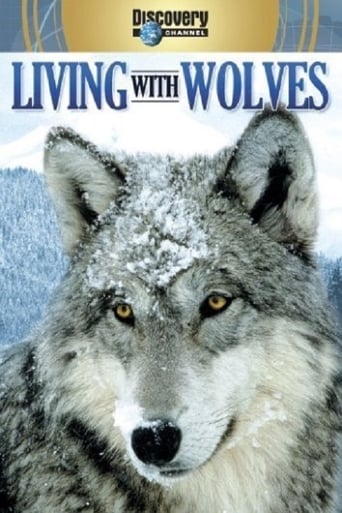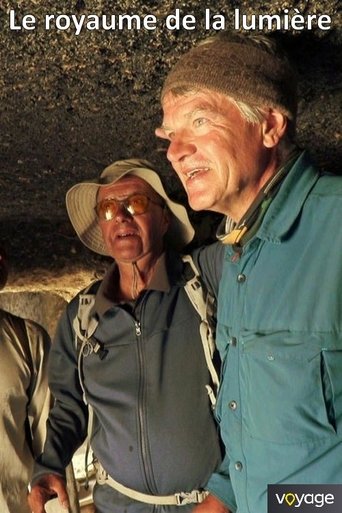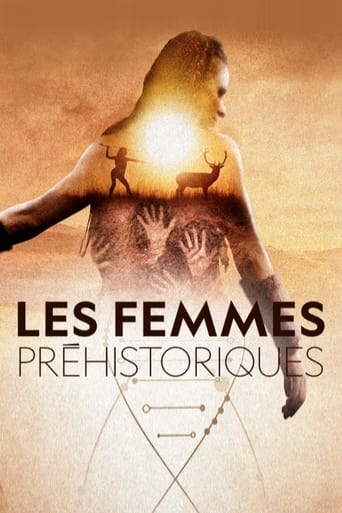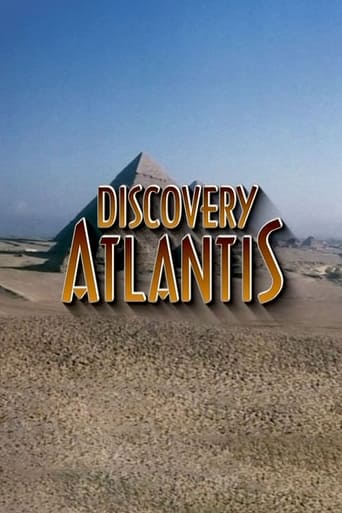
01 Oct 2016

Charcot: Secret Poles
The adventures and exploits of Jean-Baptiste Charcot (1867-1936), an intrepid scientist and explorer who laid the foundations of modern oceanography.
On December 21, Nicolas Vanier will set off with his pack on a new expedition called L’Odyssée sauvage (The Wild Odyssey). He will travel nearly 6,000 kilometers to connect the Pacific Ocean to Lake Baikal, crossing Manchuria, Mongolia, and part of southern Siberia. The documentary follows the preparations for this journey.

01 Oct 2016

The adventures and exploits of Jean-Baptiste Charcot (1867-1936), an intrepid scientist and explorer who laid the foundations of modern oceanography.
No overview found

01 Sep 2022

In northern Peru, the unprecedented archaeological discovery of the largest known mass child sacrifice in the world opens the doors to the kingdom of Chimor. This international archaeological investigation carried out like a criminal investigation reveals the mysteries of the last civilization of the Andes before the arrival of the Incas.

08 May 2005

Wolves have been demonized for centuries, blood thirsty beasts haunting our nightmares. We were determined to dispel this myth and show the true nature of wolves. Compassionate family animals, both playful and affectionate. For six years in a tented camp in the wilderness of Idaho, we lived among a pack of wolves, listening to them, earning their trust.Now in "Living With Wolves," we share more of the story of The Sawtooth Pack, first told in our two-time Emmy Award-winning documentary, Wolves at Our Door. Our own lives, brought together by a devotion to wildlife, were forever changed by these elusive, intelligent animals who accepted us. Overcoming forest fires, marauding mountain lions and sub-zero winters, we share with you a heart-warming and unique partnership of human and predator, built on trust and defying the storm of controversy surrounding the wolf.

18 May 2020

No overview found

02 Sep 2018

No overview found
01 Jan 1998
A look back at the origins of rocket science and forward to the cutting edge technology of reusable rockets and shuttles. Using computer animation, the program also explores the future of space travel that may some day carry commercial passengers or "tourists" into space.
01 Jan 2000
In June 1942, Japanese bombers tried to level the American presence on Midway Island in a bid to steam unimpeded toward the U.S. mainland. Yet the U.S. Navy had two aces up its sleeve: advance knowledge of Japanese plans and a dive-bomber that was nearly invulnerable to attack. When the smoke cleared after the U.S. ambush, four Japanese aircraft carriers -- the Kaga, the Soryu, the Hiryu and the Akagi -- lay on the ocean floor. The program shows how the U.S. Navy and private enterprise teamed up on a 1999 expedition that solved a half-century of military mystery: where exactly did the Japanese ships go down?
25 Aug 1996
Documentary that explores the birth and growth of satellite espionage.
01 Jan 1998
Explores the plans for the construction of the monumental dam on China's Yangtze River, the structure that when completed in 2009 will become the Three Gorges Dam. It is slated to be 610 feet high, 1.3 miles across, creating a reservoir 400 miles and the largest power plant in the world.

11 Jul 2024

A trip that you first live by the tell of friends, stories and videos, then you live it really by yourself, for it to become memories and tells to others. A vision of the beautiful city Masyaf and it's great shaped castle.

22 May 2022

No overview found

06 Dec 1952

Actor Errol Flynn takes a group of scientists from the California Institute of Oceanography on an expedition to the South Seas aboard his schooner, The Zaca.

18 Oct 2022

For 18-year-old Finnish–Kosovan Fatu, a simple visit to the grocery store feels as nerve-racking as a lunar expedition: for the first time in his life, he’s wearing makeup in public. Luckily his best friend Rai, a young woman on the spectrum of autism, is there to ferociously support him through the voyage.

01 Jan 1996

The film presents compelling evidence that Altlantis wasn't so far away after all, but what it omits is just as compelling. Although Plato’s account of Atlantian masonry, consisting of red, white and black stones, was a visually perfect match for the modern walls of the Minoan excavation site favored by the film, and his account of a sea made impassable by small islands of mud could, in fact, be a description of the rafts of pumice left by the catastrophic eruption of an ancient volcano there, little mention is made of Plato's specific account of where Atlantis was or the common root that links Atlantis to the Atlantic ocean. Also omitted is Plato's chronology placing the sinking of Atlantis in the same time frame as the end of the last ice age which caused the inundation of huge expanses of once fertile lands. Is "Atlantis: The Evidence" a thinly disguised example of Eurocentrism in the media? Watch Discovery: Atlantis for a more comprehensive view on an age-old debate.
14 Mar 1999
Documentary of an underwater archaeological expedition led by French explorer Franck Goddio that explores the sunken ancient city of Alexandria, Egypt, where Cleopatra made her home over 2,000 years ago. The underwater exploration team uses advanced scientific methods to locate the remains of Cleopatra's sunken palace as well as the entire submerged Royal Quarters in the harbor of modern Alexandria. Also uses re-enactments, computer graphics and animation to present a picture of Cleopatra's life in ancient Alexandria.
01 Jan 1995
Documentary looking at the ways which computer on-line services and the Internet have evolved, how they have been applied and the problems they can cause.
01 Jan 1998
Documentary exploring the hundreds of species of life that thrive in total darkness at the hydrothermal vents along the Mid-Ocean Ridge, several miles below the ocean surface. Little food filters down from the surface and there is no sunlight to support photosynthesis.
01 Jan 1998
Filmed by Emmy Award-winning cinematographer Al Giddings, this timeless program takes a stirring look at the largest, tallest, longest-living things on the planet: trees. Stunning location footage captures the variety and the grandeur of the Pacific Northwest, the Florida Everglades, the Shenandoah Valley, and the Great Sonoran Desert. Quotations from Sierra Club founder John Muir and others who revere nature are interwoven with information on topics ranging from the function of forest ecosystems, to the effects of deforestation, to the integration of parks into urban landscapes.

21 Mar 2014

Vivian Maier's photos were seemingly destined for obscurity, lost among the clutter of the countless objects she'd collected throughout her life. Instead these images have shaken the world of street photography and irrevocably changed the life of the man who brought them to the public eye. This film brings to life the interesting turns and travails of the improbable saga of John Maloof's discovery of Vivian Maier, unravelling this mysterious tale through her documentary films, photographs, odd collections and personal accounts from the people that knew her. What started as a blog to show her work quickly became a viral sensation in the photography world. Photos destined for the trash heap now line gallery exhibitions, a forthcoming book and this documentary film.